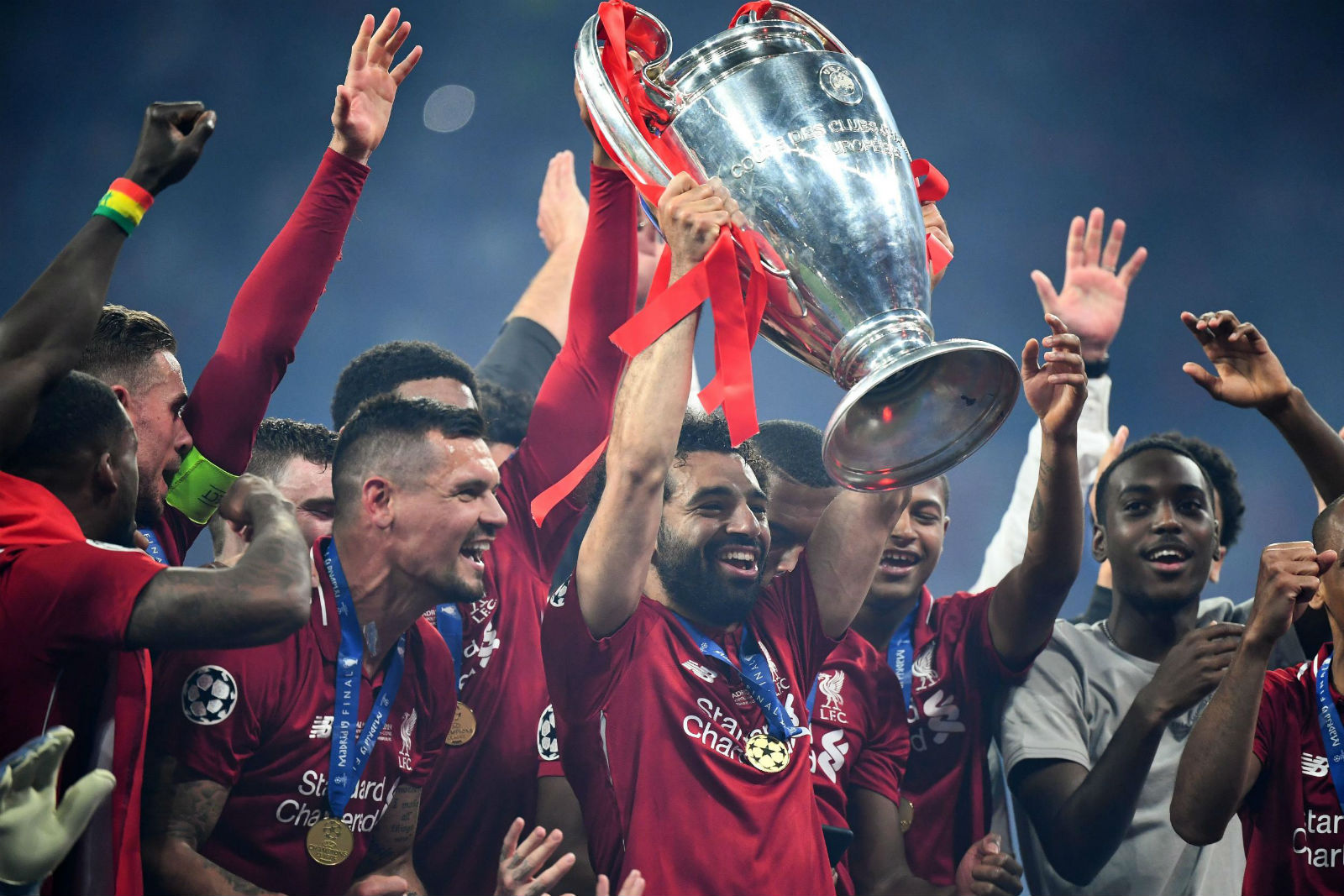Is the GCC getting a reputation for having a corrupting influence on the sport? With international football associations, governments and players being slammed recently in the press for trying to bribe, tax-evade and financially-manipulate their way to the top, football has developed a reputation for corruption. In our neck of the woods, it is Qatar and the UAE that are getting increasingly negative attention over allegations of corruption in the sport.
The rise of Al-City: Since Sheikh Mansour bin Zayed’s takeover of Manchester City in 2008, the club has risen to become one of the best teams in Europe. Winning four titles, three FA Cups and four League Cups, the club’s newfound petrodollars have translated into domestic dominance for the team that was once used to living in Manchester United’s shadow. But the club is now facing a possible one-season ban from the Champions League for violating UEFA’s Financial Fair Play (FFP) rules — a sanction that would prove a heavy setback for a club with long-held ambitions of becoming the champions of Europe.
Information published on Der Spiegel’s Football Leaks platform last year contained evidence that the club’s owners had devised a number of creative ways of getting around financial rules. According to the leaks, executives inflated the value of the club’s sponsorship agreements, and set up shadow companies to hide losses from UEFA in a bid to avoid FFP penalties. Now, a UEFA investigative board led by former Belgian PM Yves Leterme has recommended that the club be kicked out of the Champions League for at least one season. A final decision now rests with UEFA’s adjudicatory panel, which may not be made before the start of next season. You can read Der Spiegel’s four-part investigation here: Part 1 | Part 2 | Part 3 | Part 4.
Allez Doha: Since 2011, Qatar Sports Investment have been the proud owners of Paris Saint Germain — the biggest team in France, which routinely walks the domestic league but fails to clear the last-16 in Europe. The Qatari royal family has flooded the club with riches on an even bigger scale than the Al Nayhans’ at Manchester City, helping them to assemble a team of world-beaters that have never really lived up to their potential. In a single transfer window, the club signed Neymar for a world-record transfer fee of EUR 222 mn and brought in 19 year-old wonderkid Kylian Mbappé for EUR 180 mn from rivals Monaco.
As well as allegedly bribing government and FIFA officials during their 2022 World Cup bid, PSG’s owners have breached FFP rules. Like City, PSG have used backdated sponsorship agreements to artificially increase the price and were forced to pay a EUR 60 mn fine in 2014. In 2017 a new investigation was launched following the exorbitant fees paid for Neymar and Mbappé but the club was later cleared of any malpractice between 2015 and 2017.
Who watches the watchmen? The fact that neither of these clubs has been met with harsher sanctions from UEFA is largely due to FIFA’s general secretary Gianni Infantino. More Football Leaks revelations reveal how the FIFA boss worked to ensure that they were not booted out of the Champions League and instead were handed only minor penalties.









